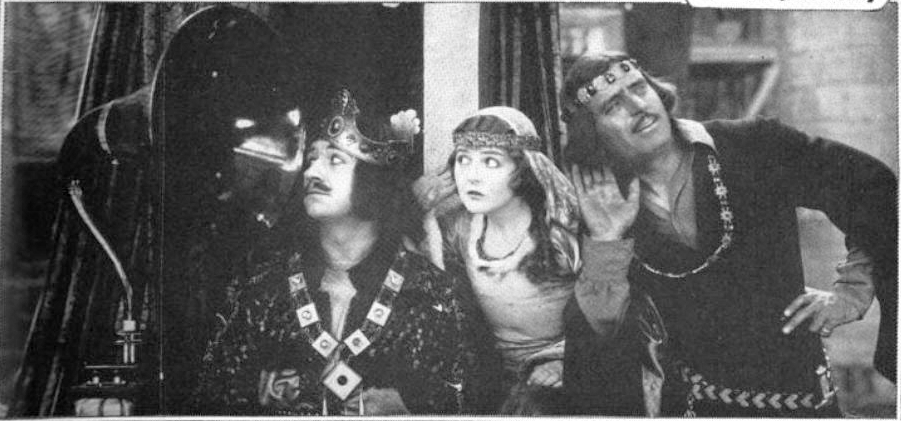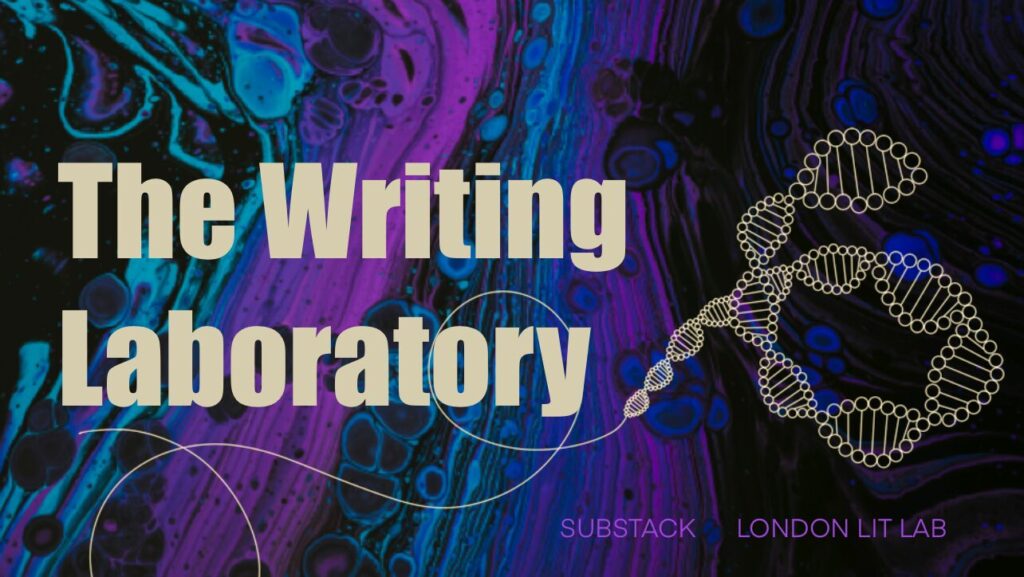I’m really pleased to be delivering my introductory workshop about writing audio drama through London Lit Lab in November. I’m really looking forward to welcoming you to the session and sharing with you some tips, advice and practical examples of ways in which you can adapt your writing for radio or podcast theatre.
This is a session I’ve delivered for many different audiences from creative writing undergraduates to groups of would-be screenwriters who realised that writing for radio would give them some invaluable experience of having a script produced and performed by real actors at a fraction of the cost of making the equivalent production for the big screen! I’ve also delivered the workshop for novelists and short story writers looking to hone and develop their dialogue. It’s an incredibly useful exercise to try to tell entire stories through the interactions between characters rather than relying on lengthy descriptive passages. The trick is to make that dialogue sound as natural and un-forced as possible where the temptation might be to over-explain because we have no visual clues to work with. I’ll take you through a few techniques to help with that as well as some devices that work well to tell stories without pictures.
I like my courses to have elements of interaction but also to reflect the medium we’re talking about. To this end you’ll hear excerpts from dramas I’ve made and you’ll hear, by video, from one of our actors talk a little about what your cast will be looking for from your script. I’ll talk about the scripts the listeners never hear: the notes you’ll make for sound designers and actors to ensure your ideas are recreated as accurately as they possibly can be when your play is produced. With that in mind we’ll think about sound design and the writer’s role in shaping it.
We’ll talk about the potential markets for your drama in a world that has expanded hugely from the days in which it was Radio 4 or nothing! I’ll talk about podcast dramas and recommend a few to listen to. I’ll tell you about the commissioning processes you can become involved in as companies like Audible and Spotify start to make their own audio drama content in the way that Netflix and Amazon prime now commission and make their own films and TV shows. We’ll even spend a minute or two thinking about ways in which you can make your own drama using kit and software you already own.
At Alternative Stories, my production company and podcast, we’ve been making audio drama right through the pandemic. I’m incredibly proud that we helped actors, musicians and technicians to keep working and gaining experience through audio drama when theatres, film and TV studios and most radio drama production facilities were closed. This has been recognised at the International Radio Drama Festival where our dramas have been featured alongside work from all over the world for the last two years. We’ve also had a number of our lockdown productions featured on BBC Radio and of course in our own podcast, Alternative Stories and Fake Realities. My reward now is that many of the actors we worked with at the height of the pandemic are starting to be cast in stage roles up and down the country. I’m receiving invitations to go and see them at all sorts of venues ranging from the Lyceum in Edinburgh where Kelsey Griffin will be appearing in “Life is a Dream” by Pedro Calderon, to the National Theatre in London where Amy Forrest will finally be appearing in “Manor” by Moira Buffini, a production that was all set to open in March 2020 when….well you all know that story!
I mention actors not to name-drop but to emphasise one of the most rewarding aspects of working in any form of scripted drama and which certainly applies to audio drama. Writing can often be a solitary game but as an audio drama writer you’ll find yourself part of a small team. You’ll work with a director and sound designer, and if you work with a company like Alternative Stories you’ll be in direct contact with actors and musicians too. It really does feel like you’re part of a production crew and it’s far from a lonely experience.
I’ll end this short blog with a note about my favourite part of being an audio drama maker. It’s not the finished production going live, rewarding though that is, but the moment a writer first hears their words performed by professional actors. I’m told it’s spine tingling and unforgettable from a writer’s perspective and as someone who has been on many a zoom “table read” when the moment occurs I’ve seen some incredibly wide smiles, broad grins and even a tear or two!
I look forward to welcoming you to my workshop on Saturday 6th November and sharing a few secrets and insights with you.
Links
If you’d like to listen to some of the drama we’ve made over the last couple of years you can follow this link
https://www.podchaser.com/lists/audio-drama-in-lockdown-107a4Waf70
We’ve made three special podcasts about the art of audio drama. These range much more widely than the writing process but they do provide a useful background to the broader process and might be good preparatory listening for anyone planning to attend the workshop. Lots of guests including Amy Forrest (as mentioned above) talking about her road to voice acting in part two.
https://www.podchaser.com/lists/audio-drama-creation-series-107a4VT5P8
You can access all of our content (we also make poetry and fiction content and often chat to writers and poets about their practice and inspiration) via our main podcast feed here https://www.buzzsprout.com/411730
And if you’d like to follow us on social media to find out what we’re up to and about our upcoming content, you can find all the relevant links here https://linktr.ee/AlternativeStories


